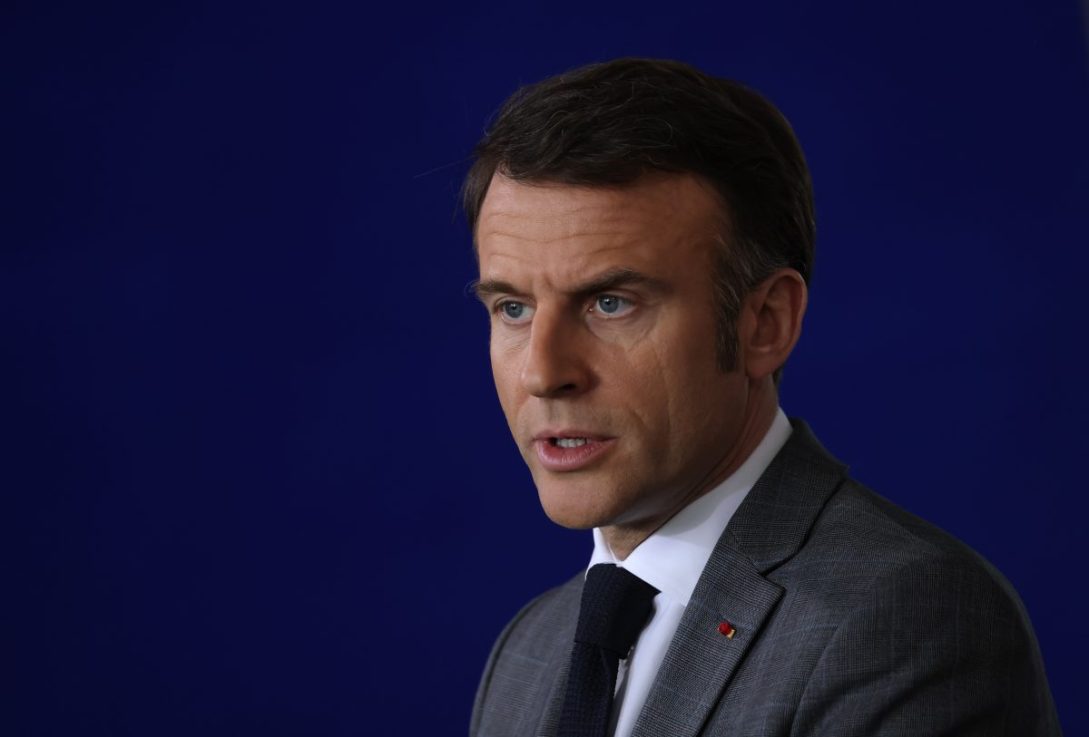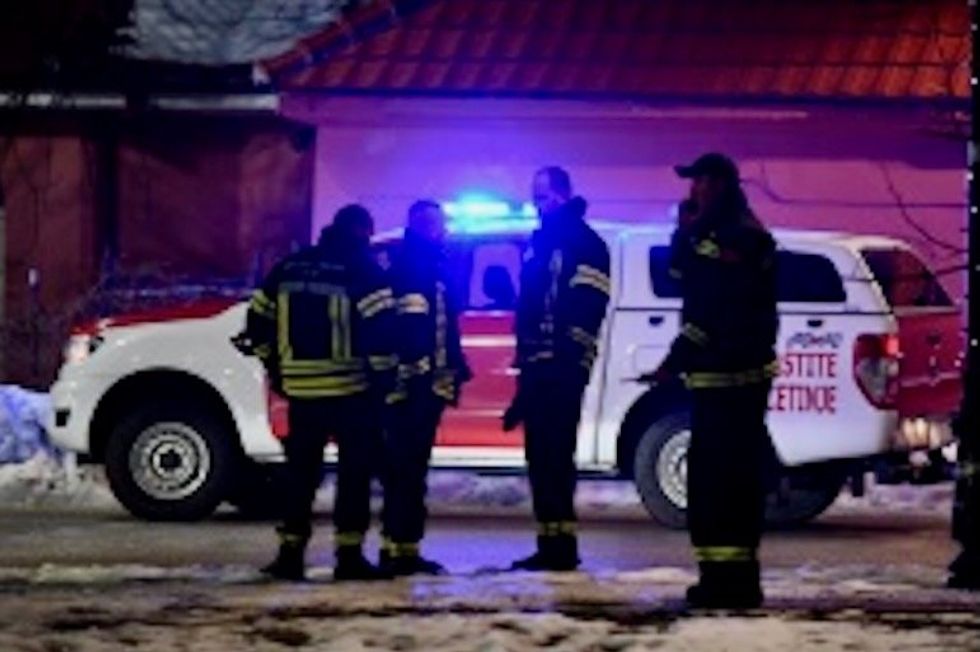Markets: French bond yields rise amid political turmoil
"A French political problem is turning into a problem for financial markets," Kathleen Brooks, research director at XTB said.


The spread between the benchmark 10-year French bond and the German equivalent rose to a 12-year high yesterday as fears over France’s political deadlock intensified.
The spread reflects the additional return that investors want to hold in return for the perceived riskiness of French government debt compared to Germany’s.
Markets are worried that the government might collapse, as negotiations over Prime Minister Michel Barnier’s budget continue.
“A French political problem is turning into a problem for financial markets,” Kathleen Brooks, research director at XTB said.
Barnier, who was appointed by Emmanuel Macron in September, is trying to force through a major cost-cutting budget, which would see €40bn of spending cuts and €20bn in tax increases.
He has argued the measures are necessary to address France’s growing fiscal deficit, which is set to rise to seven per cent of GDP next year. “This is the level at which bond vigilantes start sniffing around,” Brooks said.
Barnier’s appointment came after elections called by Macron in the summer resulted in a stalemate.
The Prime Minister could try and force the budget through without the support of parliament, but this would also leave him vulnerable to a vote of no-confidence.
The right wing Rassemblement National, led by Marine Le Pen, has said it will vote against the government unless it reins in some of its tax rises.
“The risk is that the far-left and far-right throw Mr. Barnier’s government under the bus for not coming up with a budget they agree with, even if neither of these two factions would ever be able to agree on a new budget in the first place,” Claude Vistesen, chief eurozone economist at Pantheon Macroeconomics said.
Earlier today, finance minister Antoine Armand suggested that the government could make some concessions in order to get the budget over the line. Yields edged slightly lower on Thursday.
Vistesen thought it was likely that Barnier would end up securing Le Pen’s support, or at least get her to abstain on the vote of no-confidence which would ensure his survival.
“Le Pen is less keen to overthrow the government than her comments suggest, indicating that it will be possible for Mr. Barnier to get her on side, eventually,” he said.



